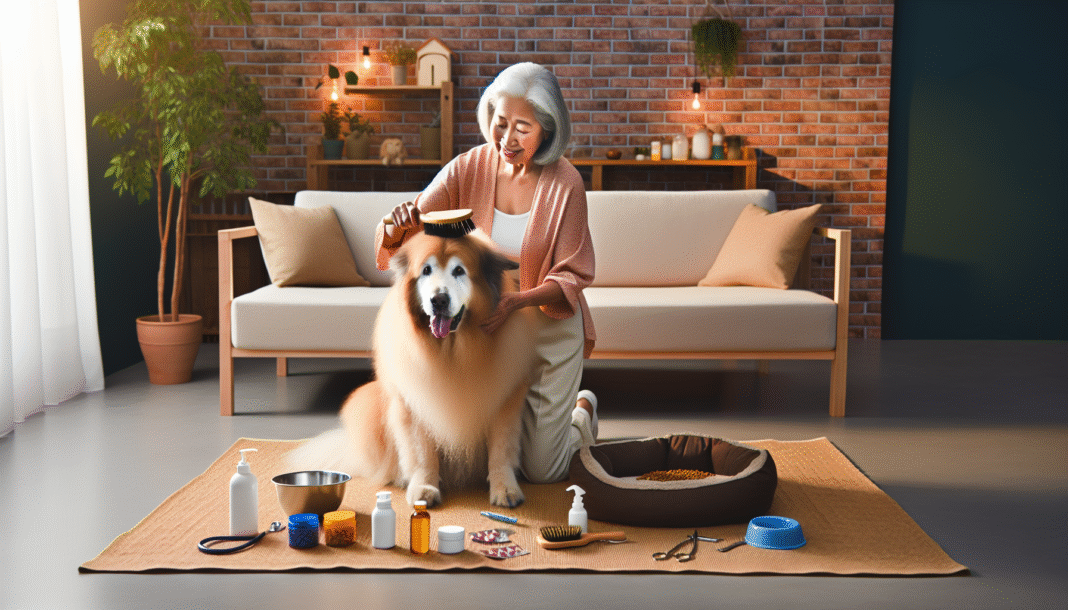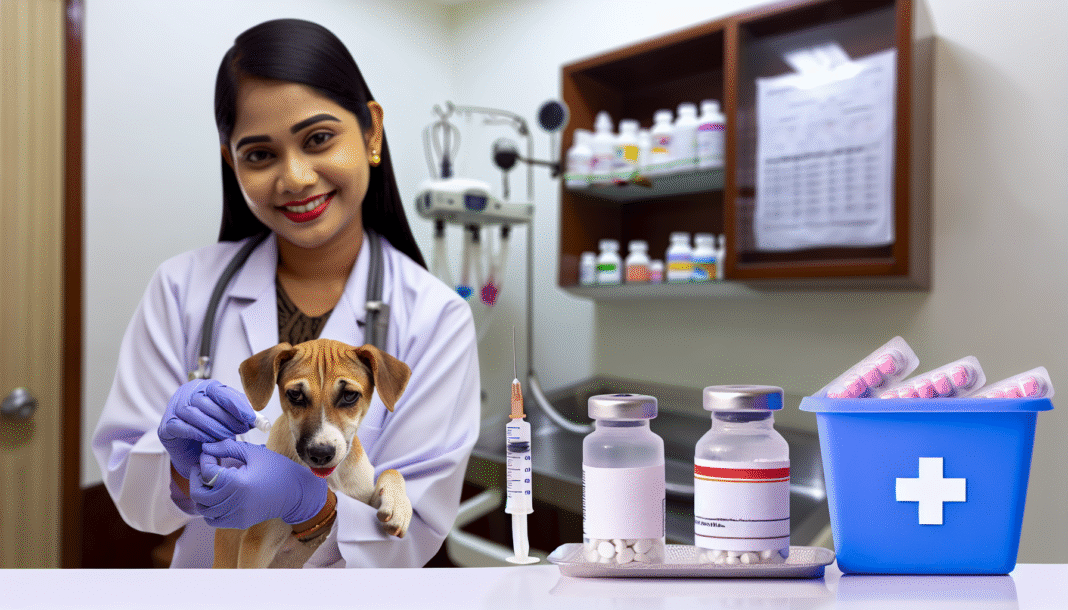As pets age, their needs change. Just like us, older pets face a myriad of health concerns that require special attention and care. From dietary adjustments to regular vet visits, ensuring your senior pet maintains a good quality of life involves understanding their unique requirements. Here are some essential tips for keeping your older furry friends healthy and happy.
Understanding Aging in Pets
Aging in pets comes with a range of challenges and changes. Dogs are typically considered senior once they reach around 7 years, but this can vary by breed. Cats often enter their senior years around 10. Common signs of aging include decreased mobility, changes in appetite, and alterations in behavior. Being aware of these signs can help you address health issues before they become serious.
Common Health Issues in Senior Pets
Senior pets are prone to various health conditions, including:
- Arthritis and Joint Issues: Painful joints can make movement difficult. Look for signs such as limping or reluctance to climb stairs.
- Dental Disease: Oral health is crucial as periodontal disease can lead to more severe health issues.
- Kidney Disease: Especially common in cats, increased thirst and urination can indicate problems.
- Cognitive Dysfunction Syndrome (CDS): Similar to dementia in humans, pets may show signs of confusion or disorientation.
Recognizing these conditions early can facilitate better management of your pet’s health.
Regular Veterinary Check-ups
Regular vet check-ups are essential as your pet ages. Aim for at least twice a year visits for senior pets. During these visits, your veterinarian can perform:
- Full Physical Examinations: These are crucial for identifying health issues early.
- Bloodwork and Urinalysis: These tests can reveal underlying conditions that may not be visible externally.
- Vaccinations: Keeping vaccinations up to date is essential, even in older pets.
Don’t hesitate to discuss any behavioral changes or concerns with the vet; communication is key to proper care.
A Balanced Diet Tailored for Seniors
Nutrition plays a vital role in your senior pet’s health. Here are some tips for feeding older pets:
- Quality Over Quantity: Choose high-quality, easily digestible food that is rich in essential nutrients. Look for options specifically formulated for senior pets.
- Watch Weight: Obesity can exacerbate joint problems and other health issues. Monitor your pet’s weight and adjust their diet as needed.
- Hydration: Ensure your pet has access to fresh water at all times. Consider adding wet food to their diet if they struggle to drink enough water.
Exercise and Mobility
Regular exercise is crucial for maintaining your older pet’s joint health and overall well-being. However, this may look different than it did in their younger years.
- Gentle Walks: Short, gentle walks can keep them active without overwhelming them. Aim for frequent, shorter sessions rather than long, strenuous walks.
- Playtime: Engage them with interactive toys that encourage some physical activity but don’t require excessive exertion.
- Physical Therapy: Consult your vet about physical therapy options, which can help ease joint pain and improve mobility.
Mental Stimulation
Just like physical health, mental health is vital for senior pets. Keeping their minds engaged can prevent behavioral issues and keep them happier.
- Puzzle Toys: These stimulate your pet’s mind and can keep them occupied.
- Training Sessions: Teach them new tricks or reinforce old ones; it’s beneficial for their mental acuity.
- Social Interaction: Regular, gentle social interaction with both humans and other pets can promote mental wellness.
Grooming and Hygiene
Older pets may require more grooming attention than their younger counterparts. Regular grooming can help manage issues associated with aging fur and skin.
- Brushing: This not only reduces shedding but also stimulates skin health. It’s also a good time to check for lumps or abnormalities.
- Dental Care: Regular brushing and dental treats can help combat dental disease. Ask your vet about professional dental cleanings.
- Bathing: Older pets may not groom themselves as effectively, so regular baths can help keep their coat healthy.
Managing Chronic Conditions
If your senior pet suffers from chronic conditions, it’s important to work closely with your veterinarian to ensure they receive appropriate treatment.
- Medication Management: Keep track of any medications prescribed and administer them as directed. Consider using a pill organizer to avoid missed doses.
- Comfort Measures: Provide a comfortable space where they can rest and alleviate joint pain. Orthopedic beds can be particularly helpful.
Tailored End-of-Life Care
As difficult as it is, preparing for the end of your pet’s life is a crucial part of senior pet care. Understanding their quality of life and recognizing when it may be time to make difficult decisions is essential.
- Quality of Life Assessments: Many vets provide tools to assess your pet’s quality of life, considering factors like pain level, appetite, and enjoyment of daily activities.
- Hospice Care: Some pets may benefit from hospice care, focusing on comfort rather than aggressive treatment.
Creating a Safe Environment
Ensure your home is a safe and comfortable space for your aging pet. Here are some practical tips:
- Non-Slip Surfaces: Place rugs or mats in areas where your pet walks to prevent slips and falls.
- Easily Accessible Sleeping Areas: Make sure their bed is located in an easily accessible area of your home.
- Temperature Control: Be mindful of keeping the environment comfortable—older pets may be more sensitive to temperature extremes.
Final Thoughts
Caring for senior pets comes with its challenges but also with immense rewards. By being proactive and attentive to their evolving needs, you can help ensure your aging companions enjoy their golden years to the fullest. Understanding their health, diet, and emotional needs will go a long way in providing the best care possible.





